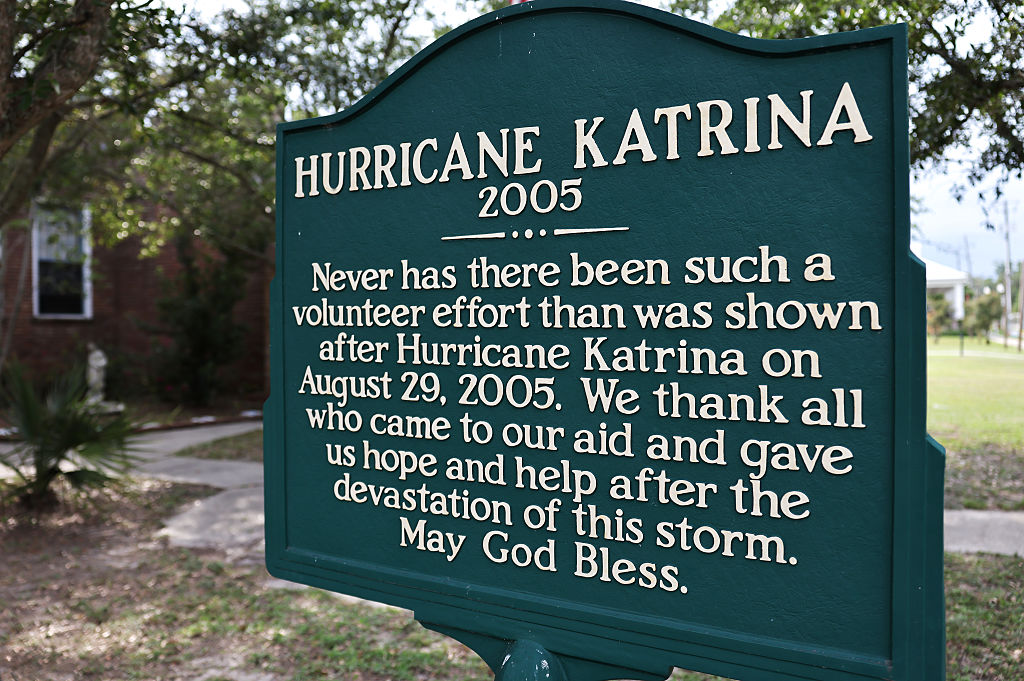This week marks the 20th anniversary of Hurricane Katrina, one of the deadliest and costliest storms in U.S. history. As officials and survivors reflect on the devastation, questions about disaster preparedness and federal funding remain central.
Katrina, which struck New Orleans and the Gulf Coast in August 2005, claimed more than 1,800 lives and caused widespread infrastructure collapse. The federal response, particularly the performance of the Federal Emergency Management Agency (FEMA), was widely criticized, prompting reforms aimed at improving emergency management and intergovernmental coordination.
Today, experts note that many of those lessons are still being tested. The Trump administration’s proposed budget for the upcoming fiscal year has included reductions to FEMA’s disaster relief and mitigation programs, prompting concern among emergency management officials and local governments. Critics argue that lower funding could hinder preparedness for hurricanes, wildfires and other climate-related disasters.
“Twenty years later, the question isn’t just what we’ve learned from Katrina, but whether we have the resources to act on those lessons,” said an emergency management analyst familiar with federal grant programs. “Funding cuts at the federal level make it harder for states and municipalities to maintain readiness.”
Recent extreme weather events, including record flooding and wildfire seasons, underscore the continuing relevance of those concerns. Federal and state agencies emphasize the need for pre-positioned resources, trained personnel and coordinated response plans — areas where lessons from Katrina have shaped modern protocols.
Local officials in New Orleans have held commemorations this week, honoring those who lost their lives and acknowledging the city’s recovery. Public safety experts say the anniversary is an opportunity to reassess both infrastructure resilience and the policy frameworks that support disaster response nationwide.
While Katrina is now two decades past, its legacy continues to influence emergency planning. The storm remains a reminder of the intersection between climate risk, resource allocation and the ongoing need for robust federal support to protect communities.


